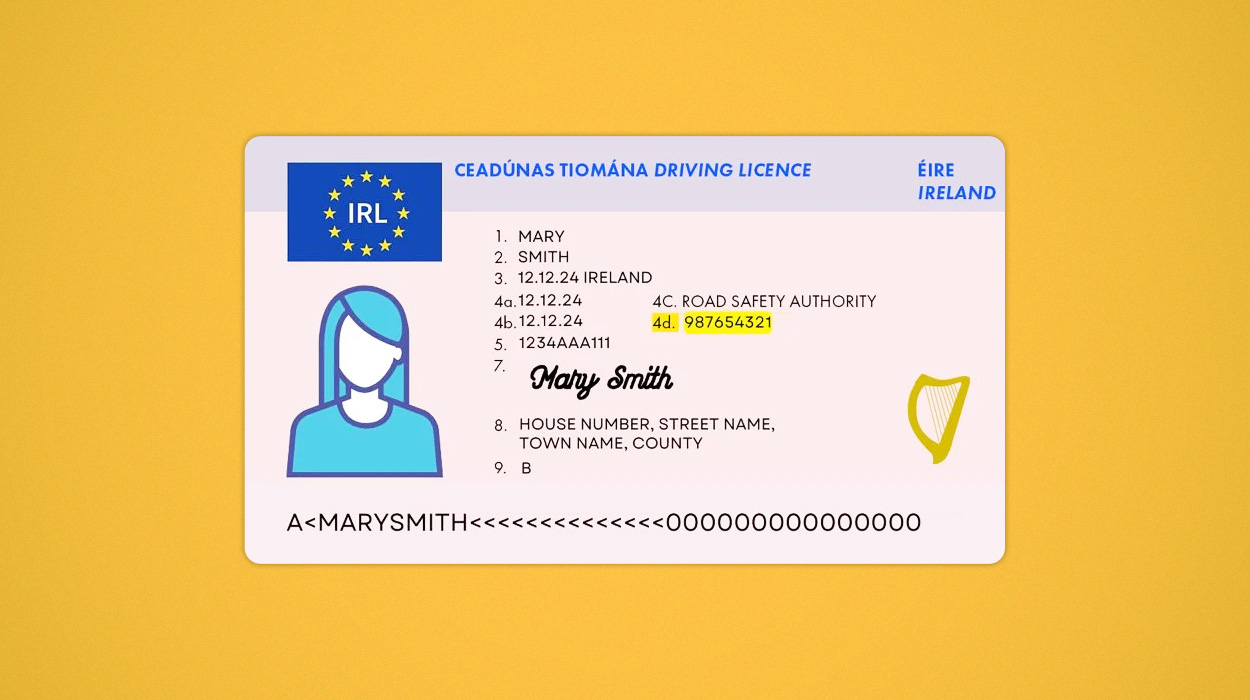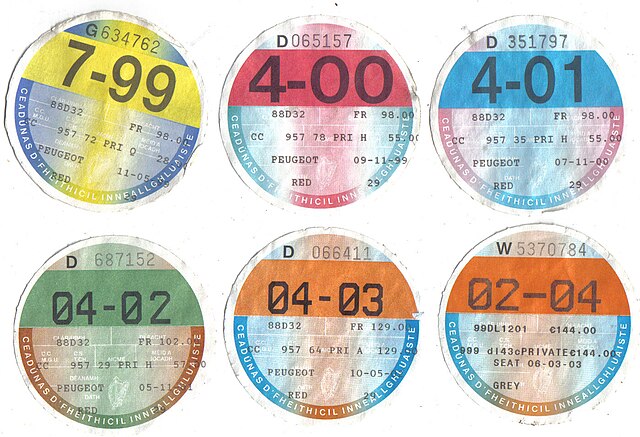
Setanta and the state of the Irish insurance industry: FAQs
Setanta have been in the news again lately and a lot of people are wondering why this story is so important to the Irish public. It’s certainly a complex issue and events have taken a number of dramatic turns over the past three years. We’ve put together a list of frequently asked questions in the hope that it will clear up a thing or two.
Who are Setanta?
Setanta Insurance Company Ltd (trading as Setanta) is a Maltese incorporated insurance company which formerly sold numerous types of insurance policies, including car and house insurance, in the Republic of Ireland.
“Formerly”? What happened?
Setanta was placed into voluntary liquidation in Malta in April 2014 and the liquidation is being carried out under Maltese law.
How has this affected policy holders?
Three years on from the collapse of Setanta Insurance, a huge number of claimants are still left hanging in limbo. Figures released in March 2017 revealed that 1,649 claims, at a potential cost of €95.2m, still remained open.
Who’s going to pay out on all these claims?
That’s the €95.2m question. The liquidator has indicated that the majority of outstanding claims cannot be met by the assets of Setanta so it was initially decided that the MIBI would need to foot the bill.
What is the MIBI?
The Motor Insurers’ Bureau of Ireland is a non-profit private company which is funded by Irish insurers. It was incorporated in 1955 by agreement between the government and Irish motor insurance companies. Its principal role is to compensate victims of road traffic accidents caused by uninsured and unidentified vehicles, but the High Court ruled that it could also be liable to pay out certain claims to people who were insured with Setanta at the time of its entry into liquidation in 2014.
How has this impacted the Irish insurance industry?
Because the MIBI is funded by Irish insurers, this ruling basically meant that Irish insurance companies were responsible for the €95.2m in outstanding Setanta claims. This resulted in a spike in the price of insurance premiums as companies scrambled to cover the cost of the potential payout.
So that’s why my insurance is so expensive?
It’s certainly a factor, yes. Fortunately, the MIBI appealed the decision and last month the Supreme Court overturned the finding that they were liable. Now the ICF must pick up the Setanta bill.
What’s the ICF?
The Insurance Compensation Fund provides compensation to eligible claimants of an Irish-authorised insurance company in liquidation or an insurance company authorised in the European Union, which carries on business in Ireland, and which has gone into liquidation.
Great. Everything is sorted.
Not quite. The ICF can only compensate up to 65% of each individual claim, up to a maximum of €825,000. Claimants are also likely to receive a sum from the Setanta liquidation but it looks like there won’t be enough to cover the remaining 35%. This is bad news for Setanta policy holders but potentially good news for the insurance industry as a whole.
Can we expect cheaper insurance?
In theory, the decision of the Supreme Court to overturn the initial finding should take pressure of the MIBI and help lower the cost of premiums. There is still a lot of uncertainty surrounding the issue but hopefully customers will begin to notice a reduction in insurance costs in the near future.
If you have any further questions, please don’t hesitate to get in touch.
All the best,
The team at GMIB.ie









